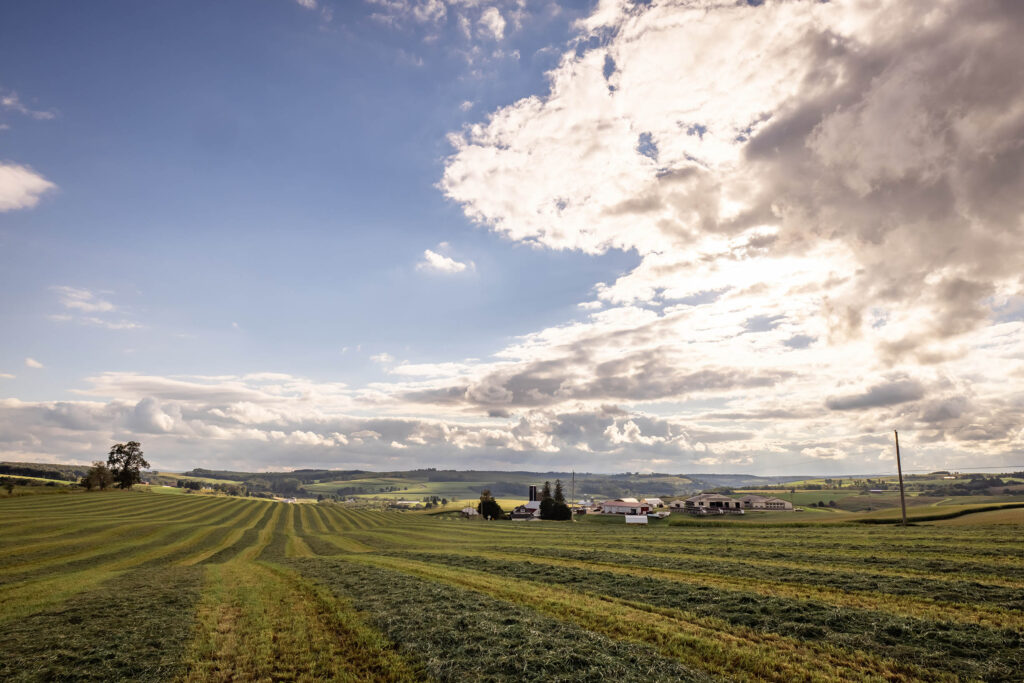
Mental Health Takes Center Stage In May
If you or someone you know needs help immediately, call 9-1-1 or your local emergency number.
The suicide and crisis Lifeline is also an important emergency resource available 24 hours a day.
Call or text 9-8-8
Why does Mental Health need an awareness month? Because mental health challenges largely exist in silence. May was designated National Mental Health Awareness Month in 1949 by the United States Congress due to the increased number of veterans suffering from mental illnesses after returning from World War II.
Some of you might be thinking, ‘that was in the last century’, or ‘we’ve come a long way with helping veterans’ – why do we need a whole month dedicated to raising awareness about mental health and illness?
The answer is simple — because millions of people in the United States are affected by mental illness each year. Many people struggle in silence, often because of the stigma attached to mental health. By raising awareness, we can help eliminate that stigma and normalize talking and treating mental illness .
A common misunderstanding is that mental health is the same thing as mental illness. According to the CDC, “Mental health includes our emotional, psychological, and social well-being. It affects how we think, feel, and act. It also helps determine how we handle stress, relate to others, and make healthy choices.”
Mental illness, however, is a diagnosable disorder with a set standard of criteria and/or set of symptoms that constitute a problem. The most common are Anxiety, Depression, Post-Traumatic Stress Disorder (PTSD), Bipolar, and Obsessive Compulsive Disorders.
As we see by the statistics, mental illness affects many lives. It knows no boundaries for age, race, gender, education or socioeconomic status. Unfortunately, recent studies indicate that these statistics may be even higher in the ag community.
According to the Rural Health Association the suicide rate among rural Americans has increased by over 48% in the last two decades and the rate of suicide among farmers is 3.5 times higher than the national average.
Warning Signs:
- Feeling sad or withdrawn for more than 2 weeks
- Severe mood swings affecting relationships
- Intense worry or fear that disrupts daily activities
- Trying to harm or kill oneself or making plans to do so
- Significant weight loss/weight gain
- Severe out-of-control risk taking behavior
- Self-medicating with drugs or alcohol
- Drastic changes in behavior, personality or sleeping habits
- Restlessness/Inability to concentrate
According to the National Alliance on Mental Illness (NAMI):
- 1 in 5 adults experience mental illness each year
- 1 in 20 adults experience serious mental illness each year
- 1 in 6 youth aged 6-17 experience a mental health disorder each year
- 50% of all lifetime mental illness begins by age 14, and 75% by age 24
- Suicide is the 2nd leading cause of death among people aged 10-14
Healthy Coping Skills:
- Healthy diet and nutrition
- Sleep hygiene
- Exercise
- Deep Breathing exercises
- Meditation/Prayer
- Reading/Journaling
- Avoid alcohol, smoking/vaping and other drugs
- Engage in Hobbies
- Volunteer
Due to the high levels of stress associated with farming, anxiety, depression, and other mental illnesses are prevalent within our farming communities. With limited mental health resources in most rural settings and a sense of shame associated with seeking treatment, many within the ag community struggle in silence.
So, how can we help those within the ag community or even help ourselves? By being informed, noticing changes in patterns or behaviors, showing empathy and respect to those struggling, and by taking care of our own mental health. We’ve provided some resources on this page to help you with getting more information on warning signs and symptoms.
Check-in on people when you notice changes in mood, patterns, and behaviors. Ask how they are doing and what they are going through, listen without judgment, offer to help them if you can or to connect them with others who can, and lastly, be there to support them. Many people feel isolated and alone in their battle. We can be that safe place for them to open up and share.
And we can’t forget about ourselves. For us to help support others, we need to be taking care of our own physical and mental health. When we are in a healthy headspace, we are better equipped to help others.
Brenda O’Brien is a field representative for Maryland & Virginia based in New York. Before joining MDVA, Brenda worked for NYFarmNet, a program that helps support New York State farm families in a variety of areas, including stress management, grief & loss and mental health concerns. While Brenda was at NY FarmNet, she got certified as Mental Health First Aid Instructor for both Adult and Youth. She obtained her Master of Arts in Biblical Counseling from Andersonville Theological Seminary in 2017.

